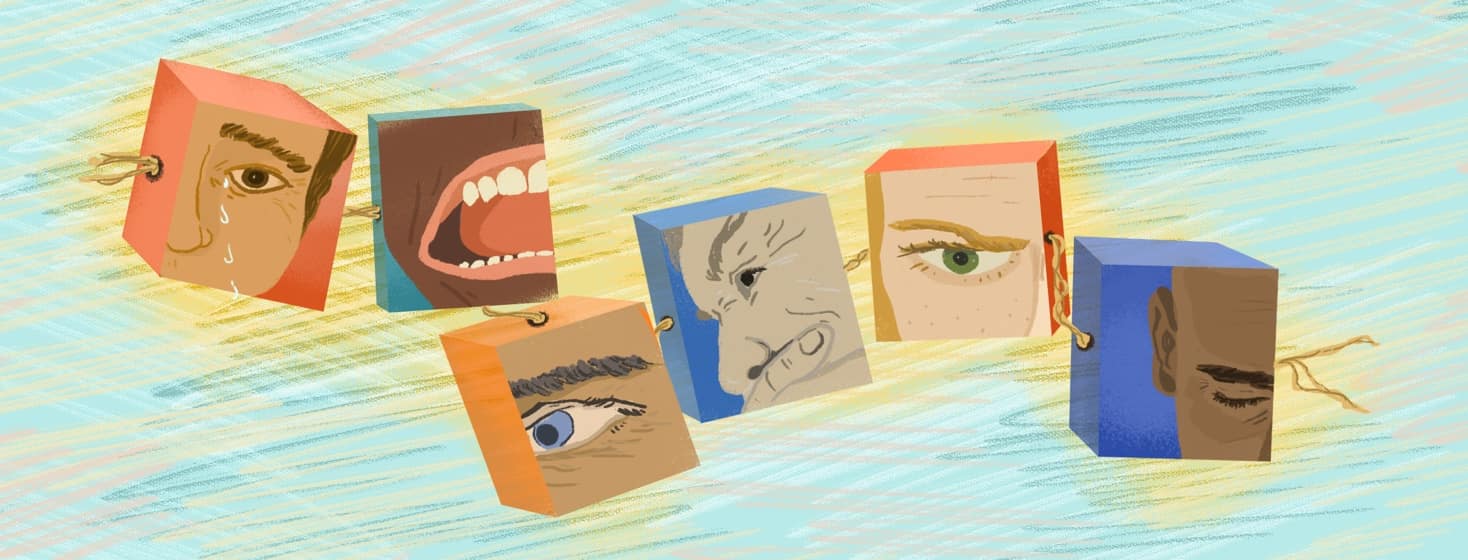Depression Is Not Only Sadness
When I stop and think about the wide range of symptoms that someone with multiple sclerosis might have to deal with, there’s one that is both extremely common, yet frequently misunderstood: depression. The results of our most recent MS In America survey indicate that 2 in 5 of our readers with MS battle depression. While most people associate depression with feelings of sadness, it can be much more than that. Understanding the various ways that depression can affect you is important for making sure you are combating this symptom. You can’t get help if you don’t understand that you need it.
Not just in your head
We know more about depression than we ever have, yet still have a long way to go. What’s become clear though is that depression is not simply someone being “bummed out” or sad. While emotional changes are the noticeable part of depression, we now know that there are physical and chemical changes to the brain when someone is depressed.1 Sometimes, these changes even include the shrinking of the brain (something I’ve previously discussed in relation to MS ).2 Understanding that these types of changes take place is incredibly important. In the past, it was a common attitude to say “cheer up” or “toughen up” to people experiencing depression. This newer knowledge makes that akin to saying “it’s in your head” to someone with a severely broken leg. A simple change in attitude will not fix it.
Anger, aggression, and irritability
Depression is not just sadness. Sometimes people who are experiencing depression may not seem sad; they seem angry, irritable, or especially aggressive. This is actually extremely common in men who suffer from depression and something that shouldn’t be taken lightly.3 Someone who has started to become angry, irritable, or more aggressive may actually be experiencing depression. That is important to realize because not only are they not being their true selves, but that means that there are ways to help, such as therapy and/or medication.
Mood swings
When it comes to MS, there are a variety of issues that might cause mood swings, depression being a common one. If someone is experiencing rapid changes in their mood, there is a high chance that depression could be the cause.4
Cognitive difficulties
Those with MS are no strangers to cognitive difficulties, but there are many who suffer from them because of a different cause: depression. Cog fog, memory problems, loss of interest, and difficulty concentrating are also symptoms of depression.5 Again, this is important in order to find the right cause of these symptoms and accurately treat them.
Anxiety
Another issue for many with MS, that may be caused by depression, is anxiety. Sometimes people with depression are more anxious than sad, and it can have a profound impact on their life.
Sleeping problems
Another common symptom of depression is a disruption of sleep patterns. People who are depressed may sleep more than normal or may experience insomnia.6 Either issue can cause further health problems and shouldn’t be taken lightly.
Depression and MS
Those with MS are at a greater risk of developing depression than those without it.7 Depression can encompass a lot more than feelings of sadness. As you can see, there are many symptoms shared between MS and depression. There are also many symptoms that don’t relate to your emotional state. Identifying the underlying cause is crucial to being able to properly treat your symptoms. You can do that by seeing the proper professionals. Mention your symptoms to your neurologist, but consider seeing a mental health professional as well.
Thanks so much for reading and always feel free to share!
Devin
My Other Articles On MultipleSclerosis.net - Follow Me On Facebook

Join the conversation